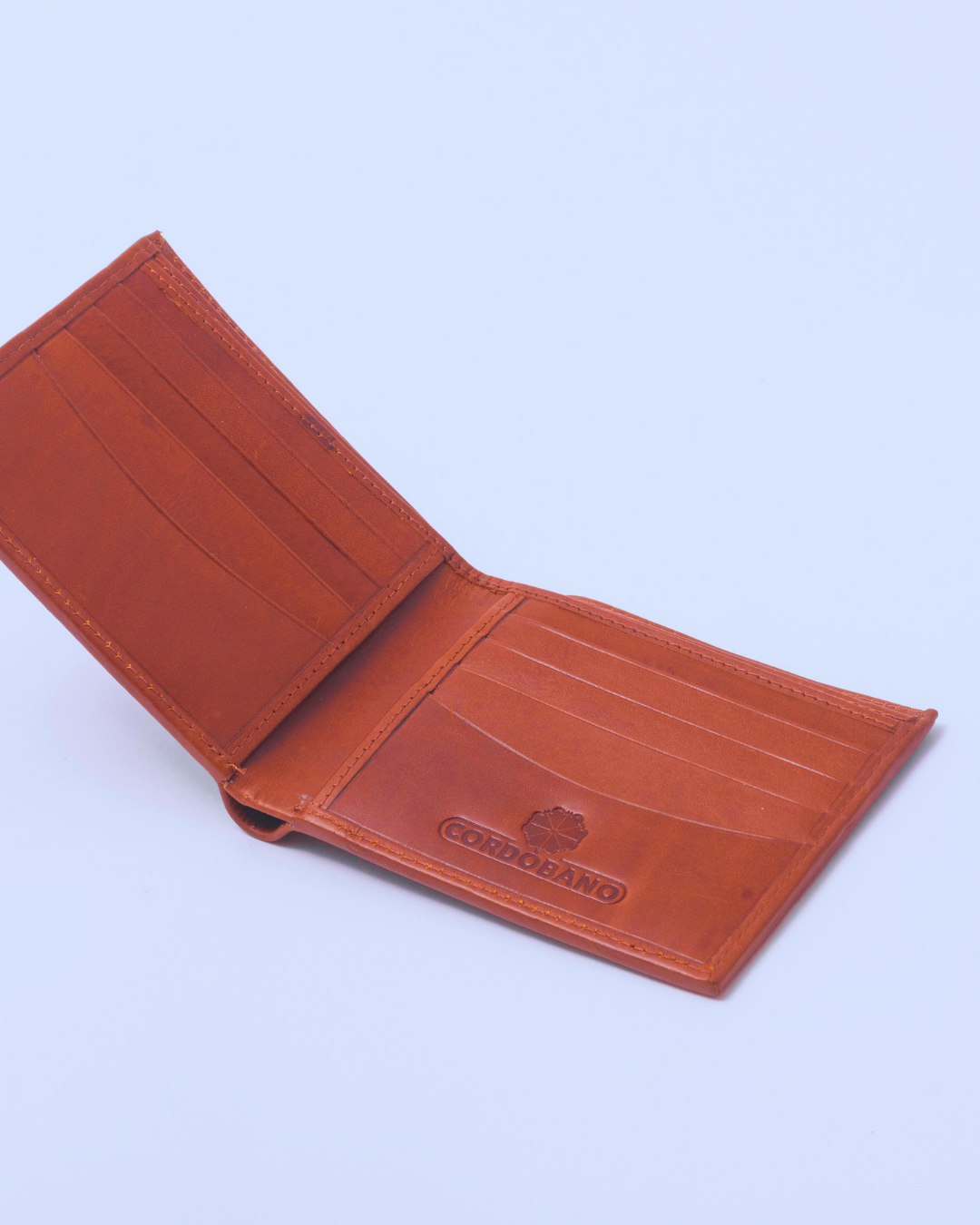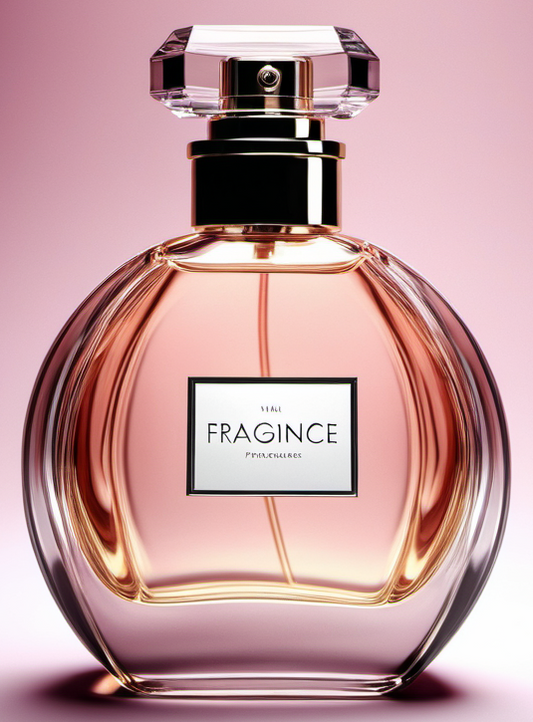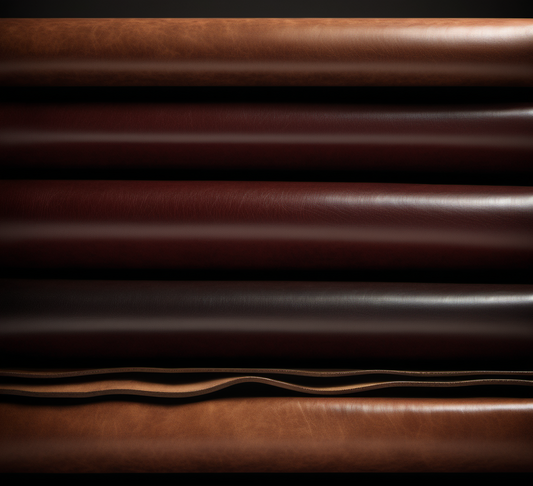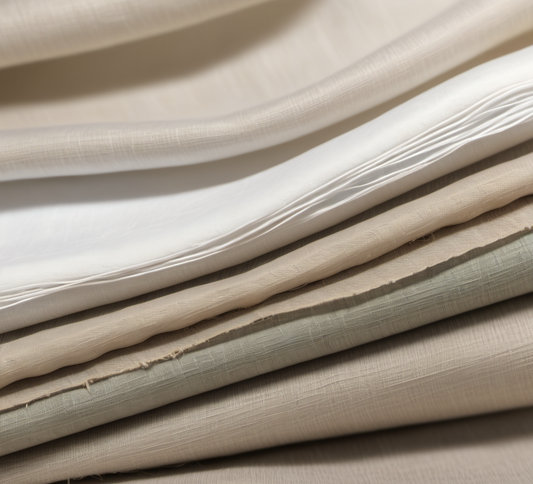French perfumes, with their enchanting aromas and timeless allure, have captivated the world for centuries. What sets these fragrances apart? The magic lies in the traditional perfume-making methods, where natural raw materials, artistic expertise, and time-honored techniques converge, especially in the perfume capital of Grasse, France.
The Art of Perfume Creation
French perfumes start with meticulously chosen ingredients from flowers like rose and jasmine, spices such as saffron and cinnamon, and woods like sandalwood and cedar. Crafted by skilled perfume makers known as "noses," an intricate extraction process produces essential oils, absolutes, and resinoids from these botanical treasures. The blend of these natural essences follows perfumery traditions that value creativity, patience, and a delicate touch.
In stark contrast to mass-market fragrances created hastily and inexpensively, the finest French perfumes are meticulously crafted, often aging for months or years. This slow process allows the ingredients to harmonize, resulting in complex, luxurious scents that evoke beauty, emotion, and refinement.
Natural Origins: The Heart of Perfume
The essence of perfumes comes from natural sources like plants, woods, resins, and even animal secretions. Flowers such as rose, jasmine, and lavender provide delicate fragrances, while woods like sandalwood and cedar offer rich, warm notes. These natural materials, cherished by ancient perfumers, continue to distinguish luxury perfumes due to their unparalleled depth and nuance, unrivaled by synthetic substitutes.
Extraction Methods: Artistry in Every Drop
Essential oils, the core of perfumes, are extracted using methods refined over centuries. Distillation, enfleurage, and solvent extraction each contribute to the purity, chemical composition, and aroma profile of the essential oil. Perfumers, true artists in their craft, appreciate the subtle differences achieved through these techniques.
Regional Differences: Grasse and Paris
France's regions play a crucial role in perfume production. Grasse, in the South of France, renowned for its exceptional flower farming, produces perfumes highlighting fresh floral notes. In contrast, Paris, with its grand boulevards, is a center for luxury perfume brands like Guerlain, Chanel, and Dior, known for more abstract and complex blends.
The Art of Blending: Noses at Work
Creating a perfume is an art as much as a science. Perfumers, or "noses," meticulously balance top, middle, and base notes through a trial-and-error process. Their highly trained sense of smell and years of experience allow them to craft scents with nuances that evolve throughout the day.
Aging & Maceration: Unveiling Elegance
Perfumes mature gracefully over time through aging and maceration. Resting in bottles for months or years allows scents to marry and deepen, resulting in a fragrance with enhanced complexity and lasting power. Maceration during this process enriches the final scent profile, adding depth and sophistication.
Bottling & Packaging: Preserving the Art
The final step involves delicate bottling and packaging, preserving the integrity of the fragrance. Iconic perfume bottles, designed to match the brand identity, are often made of glass to prevent chemical interactions. Careful sealing and packaging prevent oxidation and evaporation, ensuring the perfume remains unchanged for years.
Modern Innovations & Sustainability: Balancing Tradition and Progress
Recent decades have seen innovations in extraction methods and the use of synthetic ingredients, with celebrity fragrances becoming a trend. The industry also faces calls for sustainability, leading to ethical sourcing, waste reduction, and support for local communities.
The Allure of French Perfumes: A Timeless Legacy
France's reputation as the perfume capital is rooted in a deep cultural appreciation for perfumery as an art form. Luxury, quality, and market domination by brands like Chanel and Dior set French perfumes apart, creating an allure that resonates globally. The storytelling around French fragrance heritage, combined with the tradition and craftsmanship, makes French perfumery irresistible to fragrance enthusiasts worldwide.
Embark on a scented journey as we unveil the secrets, traditions, and innovations that make French perfumes an enduring symbol of elegance and sophistication.





